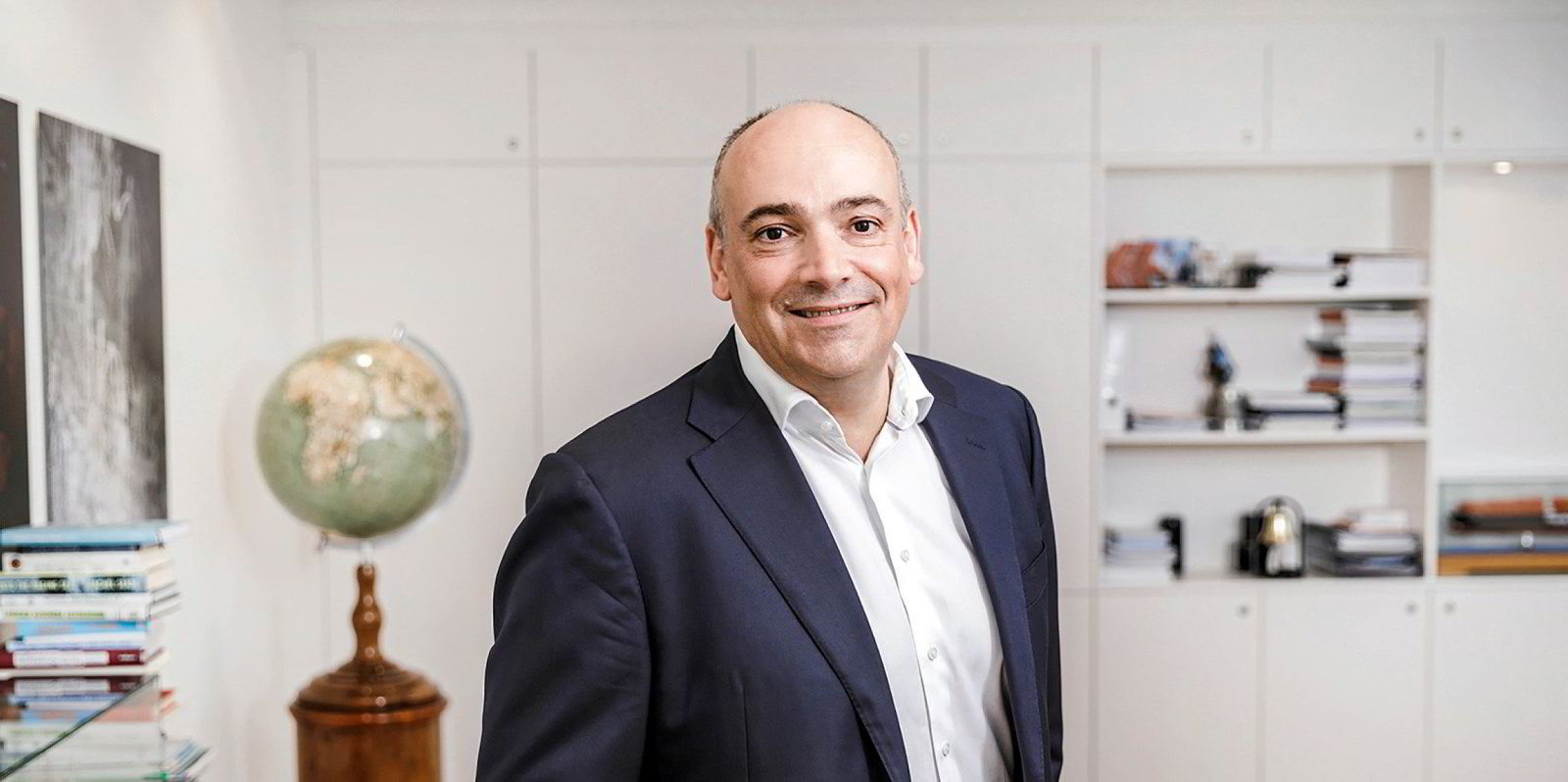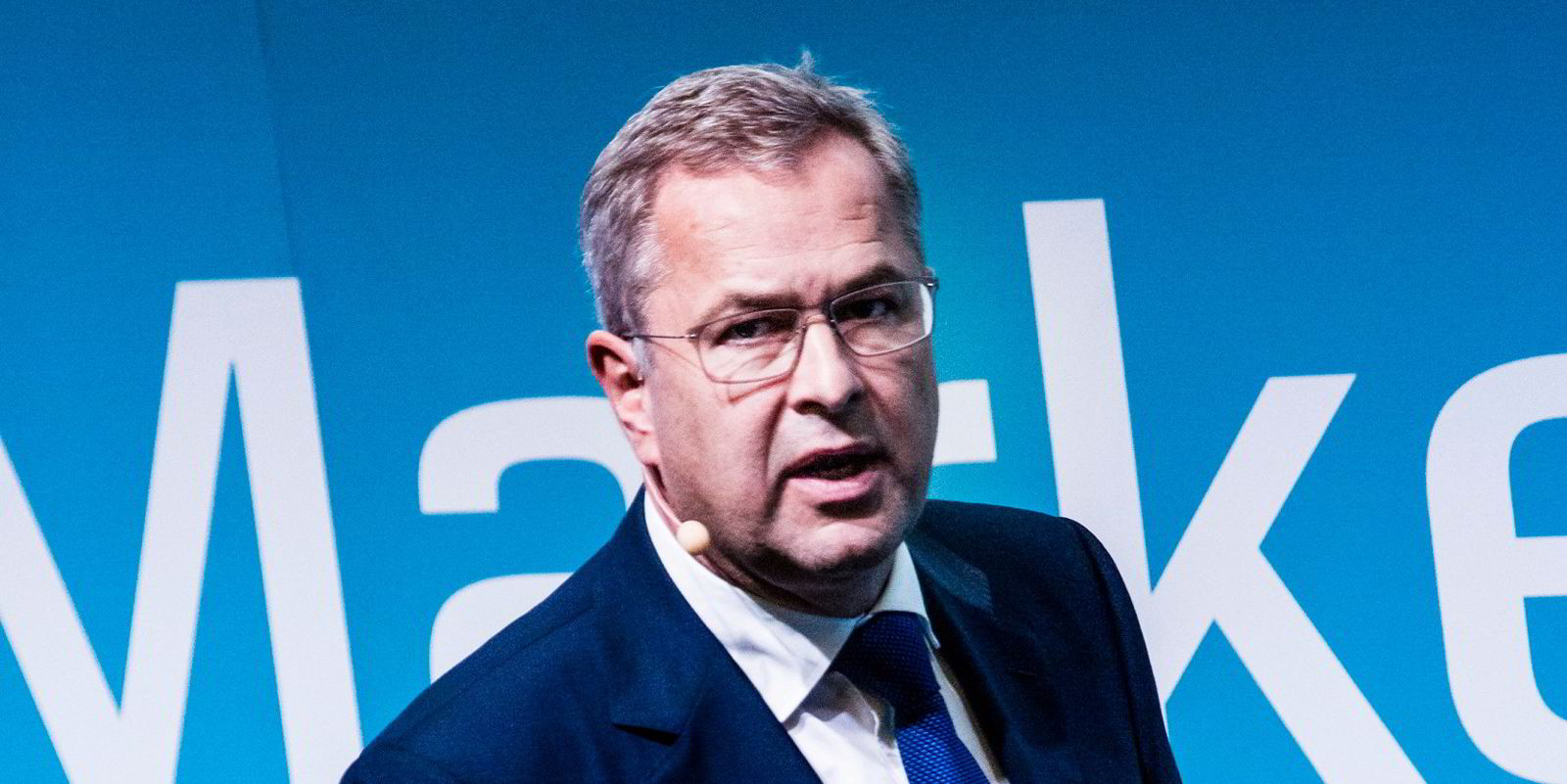German line Hapag-Lloyd is investing more than $100m in improving the energy efficiency of its existing container ship fleet.
The company said the eco-upgrade programme will involve more than 150 vessels within five years.
The idea is to lower fuel consumption and reduce CO2 emissions.
Hapag-Lloyd will kick off the programme with a propeller retrofit in Dubai.
The MMG-made kit will optimise energy efficiency on the 7,500-teu Ningbo Express (built 2002) from September.
The work will cut between 10% and 13% from fuel and CO2 emissions, depending on sailing conditions.
These new propellers will be fitted to at least 86 ships.
Another 36 units will receive a new flow-optimised bulbous bow.
During scheduled drydockings, a resistance-reducing coat of anti-fouling paint will also be applied on the part of the exterior hull beneath the waterline.
Most of the measures will be carried out by 2025 and make a significant contribution to helping the company achieve its climate targets, the company said.
Zero-carbon target date of 2045
“We aim to be climate-neutral by 2045. To reach this goal, we have set ourselves the interim target of reducing the CO2 intensity of our own ships by 30% already by 2030,” said chief operating officer Maximilian Rothkopf.
“To do so, we are investing in new future-proof ships while simultaneously focusing on making our existing fleet fit for the future. The programme will boost the energy efficiency of the entire fleet,” he added.
Hapag-Lloyd put the cost of the plan in the “three-digit million range”.
Together with a €2bn ($2bn) order for 12 LNG-fuelled vessels placed two years ago, “this large-scale measure demonstrates that Hapag-Lloyd is rigorously investing in sustainable, competitive ship operations for the long term,” the owner said.
The group has a fleet of 253 modern container ships and a total transport capacity of 1.8m teu.





